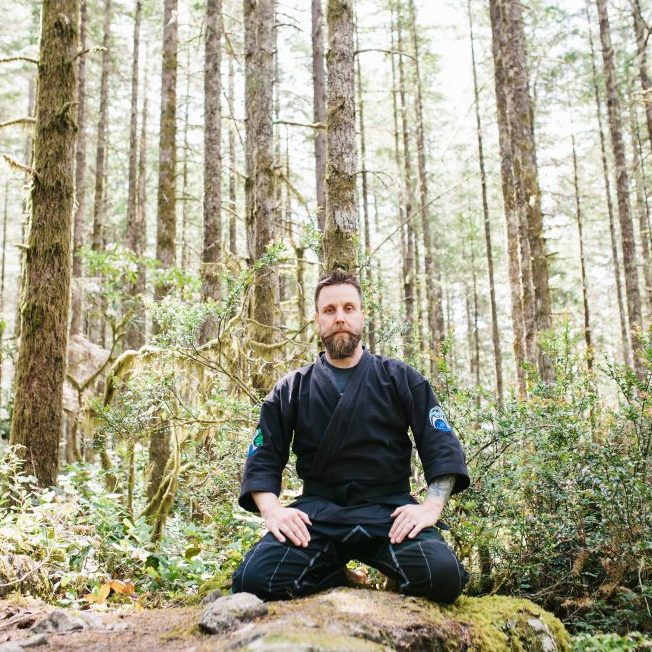There is a lot of nonsense out there about qi. A big part of it is due to mistranslation and others due to secrecy, misdirection and let’s not forget television.
Let’s talk about what qi isn’t. It’s not magic. It’s not an ethereal, life-giving, cosmic energy that pervades the universe. You have every right to believe in those things, but it’s just not qi.
I had a Daoist martial arts instructor try to explain it to me years ago, but I was still way too into anime (ahem) to get it. He talked about how every time you move, it’s qi. It’s in your finger, it’s in your feet. It’s not anything more than it is… then he got really frustrated with my puzzled look and moved on to the next student.
So, like all good lessons, let’s start with a metaphor. Think about holding a dead fish. Then think about a live fish. What is the difference? Now, I’m not talking about the existence of a soul, or anything strictly neurological but, rather what it feels like. The dead fish is limp, motionless and soft. The live fish is firmer, has toneness throughout its body. When a part of it wiggles or swims, it seems like the whole fish, from nose to tail fin swims. This is qi.
Now think of a gymnast. Her body is flexible, strong and able to create amazing, fluid movement. Then think about an elderly person in really poor health. Their muscles hang on their skeleton, or else are so tight as to be locked in place. The gymnast has more balanced, active qi than the elderly person. In the same way, an infant has poor qi (I’m sure they have a term for it) because it is still learning to control its body.
To give it a scientific sounding name, let’s call it myofascial recruitment, or literally how well your skeletal muscles pull on the connective tissue in your body to create elastic structure, fluid power and smooth movement. The more evenly the load is distributed, the less any single part of the body has to work (i.e. balanced qi). On the other hand, if you have adhesions, cramps or injuries (blocked qi) you lose the ability to recruit beyond it creating a local strain on the system. If you rely overly on a part of your body to do more than its share (overabundance of qi) it will be fatigued sooner, and wear out sooner mechanically and you’ll need that hip replacement. Conversely, if you have nerve damage, poor body mapping or just a lack of fundamental fitness (stagnant qi) you will lose the tone you need to stabilize and protect a joint and POP! there goes your ACL.
In terms of martial arts, healthy qi does all the same things. It protects our body, lets us move powerfully and smoothly to unbalance the structure and movement of another person. There are a lot of ways to develop qi. The Shaolin believed that hard work (literally: gong fu, or kung fu 功夫) was the secret. So much so that monks were required to do years of manual labor before being allowed to begin martial arts training in earnest. There are also a number of exercises (qi gong 氣功) prescribed in Chinese medicine to improve the quality of your qi. You’ll notice that both share the character “功” which means to train, work or practice. Sorry, but this means that you are going to have to put in the time and effort to achieve this quality of being, of moving that is lively and healthy.
Well, I’m sorry if you find this explanation disappointing, but I hope that you might think of it also as a goal to work towards and something to appreciate in those that have it. Martial artists in China refer to all manner of people having gong fu; from street sweepers to street performers. They could recognize the character of movement created by powerful, balanced qi at a glance.
So, next time someone stands there talking about balancing, harmonizing or channeling their qi, give them a once over and remember the fish. When some overweight, or sickly “master” channels his qi and makes an opponent fall down from across the room, remember the gymnast. But, lastly, when your technique doesn’t work, or you hurt yourself doing something stupid, remember the monk. Qi isn’t just for fighting, not by a long shot. Without it we would be like the dead fish, and if we don’t take care of it we will end up needing more surgeries, medications and have a lower quality of life than those that do. But, this is no surprise. It’s what all of our neighbors from across the Pacific have been trying to tell us since the first time we misunderstood the word qi.

